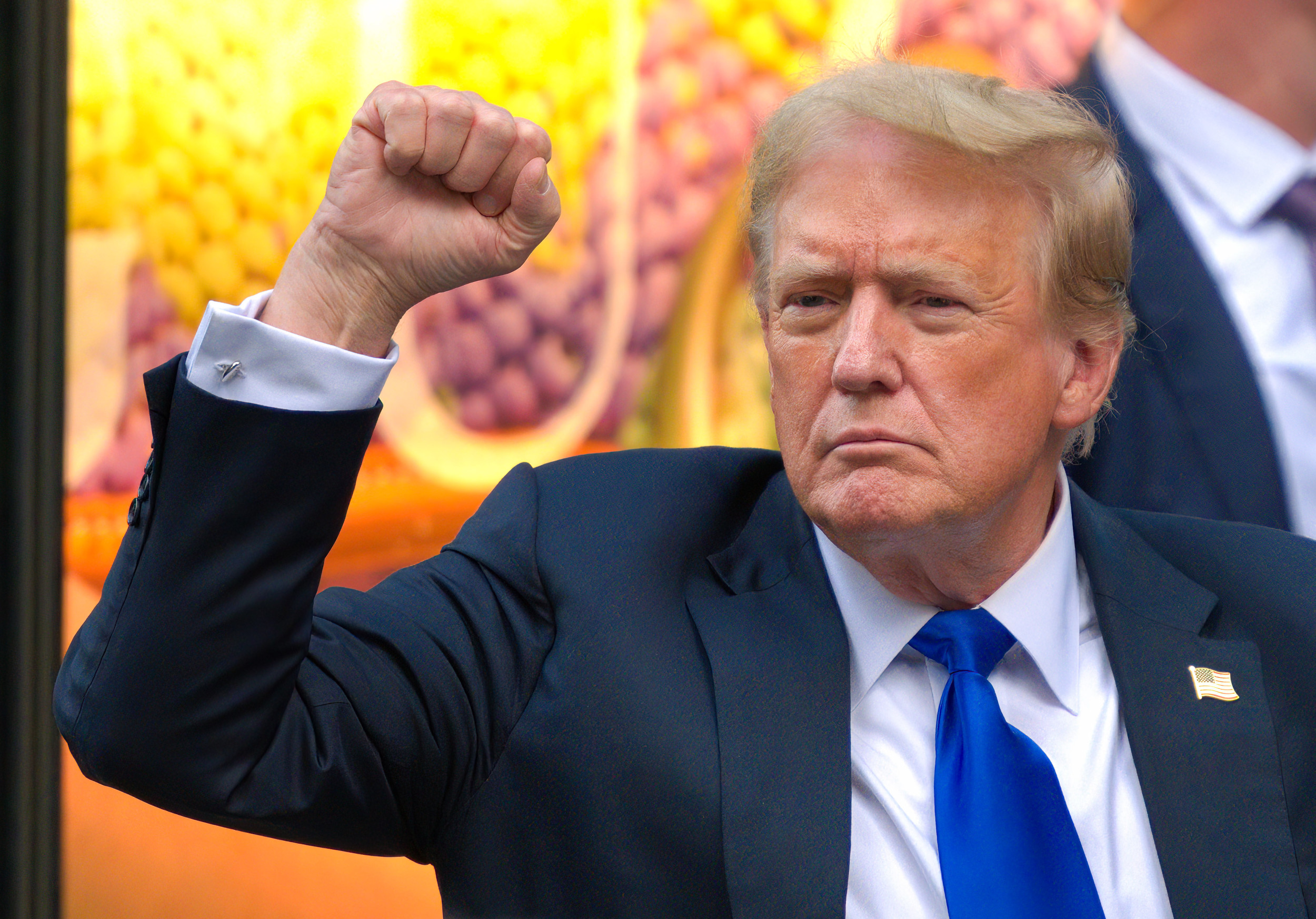Uncommon Knowledge
Newsweek is committed to challenging conventional wisdom and finding connections in the search for common ground.

Former President Donald Trump, now a convicted felon, could face significant travel restrictions as many countries around the world enforce strict immigration policies against individuals with criminal records.
Donald Trump was recently found guilty on all counts in a high-profile hush money case. The charges stemmed from payments made during his 2016 presidential campaign to adult film star Stormy Daniels, aimed at silencing her allegations of an affair. The New York jury’s verdict marked a historic moment as Trump became the first former U.S. president to be convicted of felony crimes while actively seeking another term in office. He has maintained his innocence and said the trial was politically motivated.
Countries around the world implement stringent entry requirements to protect their citizens and maintain national security. According to the World Population Review, G7 nations Canada, the United Kingdom and Japan have established policies that prohibit entry to individuals with felony convictions. Additionally, Israel and China also impose such bans. These regulations often result in automatic denial of visas or entry permits to convicted felons, potentially impacting Trump’s ability to travel internationally.
Based on data from the World Population Review, here is a list of countries that do not allow convicted felons to enter:
Additionally, there are further countries that Trump may now be denied entry to. Not all countries actively check from criminal records at the border, but they will deny entry if a convicted felon is discovered. The following countries implement this:
Reactions to the trial and its outcomes have been polarized. Supporters of Trump, including various Republican figures, argue that the trial was politically motivated and unfair. South Dakota Governor Kristi Noem wrote on X, formerly known as Twitter, “President Trump did nothing wrong, and even the liberal media knows it. The judge violated Trump’s constitutional rights and did everything in his power to get this outcome despite the clear evidence Trump was innocent.”
In an opinion piece for Newsweek, talk show host Mark Davis wrote that “Thursday’s guilty verdict in a Manhattan courtroom on 34 counts is still a sad new low for an American justice system that is supposedly based on facts, evidence, judges who preside fairly, and juries that decide coherently.”
Conversely, some legal experts and critics have emphasized the importance of accountability and the rule of law. New York Attorney General Letitia James, a Democrat, said after the verdict on X that “No one is above the law.” James’ business fraud suit against Trump led to him being found liable for defrauding lenders and insurers.
In an opposing opinion piece to Davies for Newsweek, former judge Thomas G. Moukawsher wrote: “Trump’s conviction is something to be proud of because it affirms a fundamental American value—no one in this country is above the law. Trump seems to have lived his life thinking that the rules constraining ordinary mortals don’t apply to him.”
As Trump faces potential fines and even jail time, his legal team has already signaled plans to appeal the verdict. Despite these legal hurdles, Trump continues to campaign for the 2024 presidential election— a campaign that could be complicated by the potential travel restrictions imposed by various countries.
Newsweek is committed to challenging conventional wisdom and finding connections in the search for common ground.
Newsweek is committed to challenging conventional wisdom and finding connections in the search for common ground.